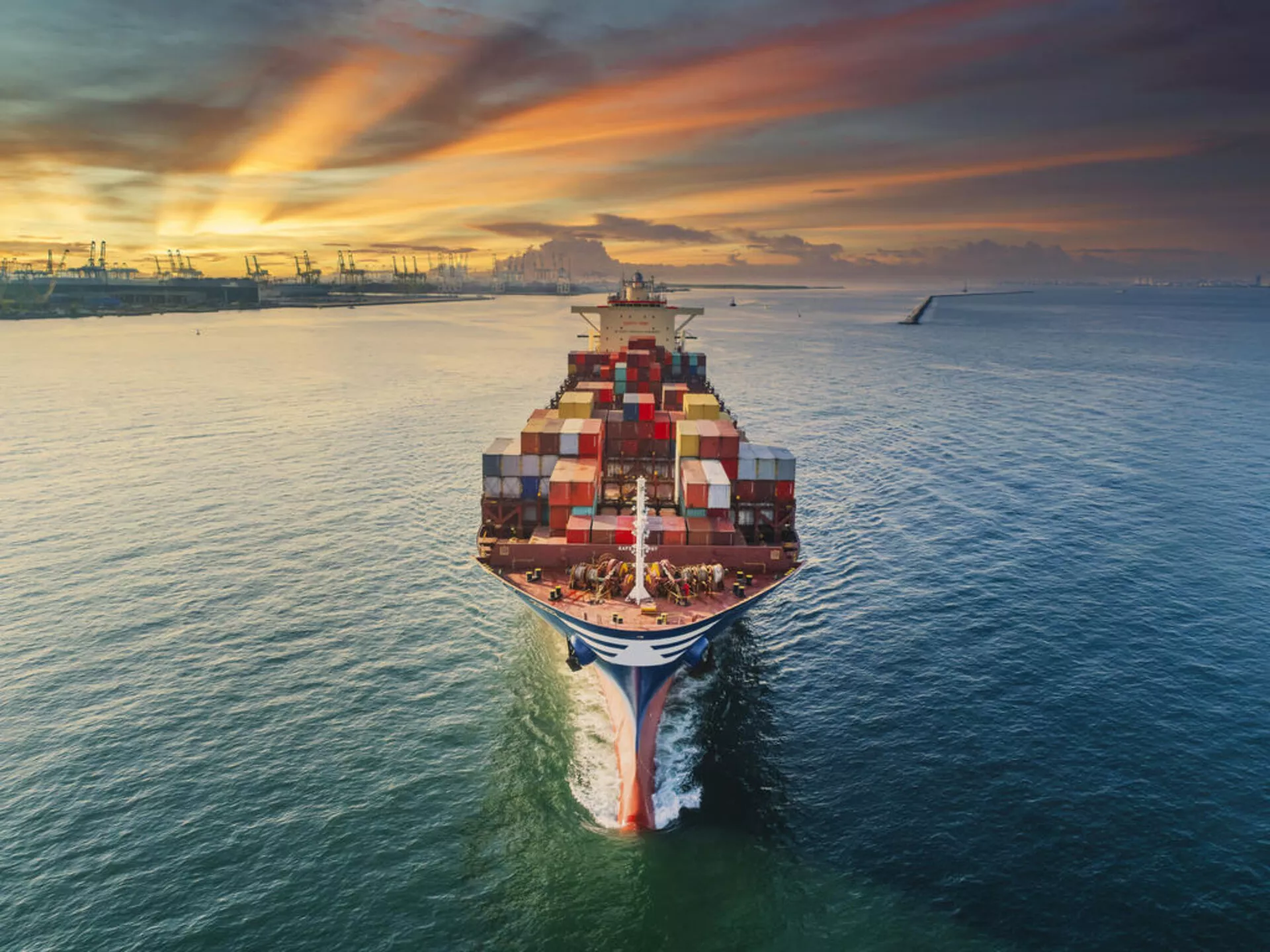
No Place Like Home

Severe disruptions during the Covid-19 pandemic and rising trade and geopolitical tensions have caused global enterprises to re-examine their supply chains. Many have begun to strategically shift production to “friendly” economies – a practice dubbed “friend-shoring” - or ideally to produce entirely at home: “re-shoring”.
This does not mean that globalisation has halted altogether. Still, various sticks and carrots including trade tariffs, national industrial policies, and general geopolitical uncertainties are rerouting the flows of international trade and capital in a major way.
The sticks
Since the election of Donald Trump in 2017, the number of restrictive measures (tariffs, standards, and other restrictions) on trade in goods and services but also on investment flows has increased significantly. According to the International Monetary Fund (IMF), the number of trade restriction measures stood at around 200 per year (net) in 2017, before increasing to more than 500 in 2018 and exceeding 1,500 since 20211.
Covid-19, the continuation of trade tensions between the United States and China, and geopolitical fragmentation have resulted in a sharp increase in protectionist measures, and it is likely that this trend will continue in the coming years. The European Union (EU), too, has recently started to widen restrictions, especially in strategic sectors such as the energy transition.
The carrots
Alongside protectionist measures, national industrial policies (defined as efforts by governments to shape the economy by targeting specific industries, firms, or economic activities) have made a comeback in most developed economies. Indeed, governments are putting in place more and more measures to promote the relocation of the production of certain industrial goods but also the development of new technologies (such as semiconductors) and new energies.
The Inflation Reduction Act (IRA) in the United States and the European Green Deal are the best examples for this. The impact of these policies is already visible in the United States and the United Kingdom, where investment in new manufacturing plants has been exceptionally strong despite the headwinds of a high interest rate environment2.
The end of goods deflation
A peak in globalisation would imply structurally higher inflation in developed economies, notably with regard to durable goods such as cars or home equipment. Since China's integration into the World Trade Organisation (WTO), durable goods prices have fallen sharply in most major economies. In the United States and the United Kingdom, these price declines have been particularly strong, with contractions of nearly 15% between 2002 and 20203.
The disruptions to value chains resulting from the pandemic in 2020, as well as the subsequent increase in tariffs, stopped this deflationary trend. Durable goods have since seen very significant price increases. In the future, in an environment where globalisation is at its peak, durable goods inflation will remain higher and more volatile than before. As a result, inflation would be structurally elevated, implying interest rates that would also be higher than in the past.
A reshuffling of emerging economies
The geographical shift of globalisation is also leading to a reordering of the performance of emerging market equities. Since the beginning of the trade tensions between the United States and China, equity indices of major emerging economies have been moving in favour of countries that can benefit from "friend-shoring”.
Although the foreign direct investment (FDI) flows to India do not yet reflect this, but the performance its stocks is one of the best among emerging markets, surpassed only by that of Taiwan. This certainly reflects the good growth momentum and the various structural reforms implemented in the country, but it also illustrates that India (due to its population and demographic dynamics) could welcome manufacturing investments that are no longer going to China.
The Mexican market is another outperformer since the Covid crisis, clearly benefiting from the United States-Mexico-Canada Agreement (USMCA) that enables free trade across much of North America.
In contrast to the performance of India and Mexico, the Chinese equity market is likely to be penalised for a long time, as these developments in global trade add to the structural slowdown in its growth and the persistence of tensions in its real estate market.
Bottom line
A peak of globalisation does not imply a peak of global economic growth, and the rerouting of international trade and investment flows holds attractive opportunities for investors. This is particularly true with regards to the expansion of manufacturing capacity: the reshuffling of emerging market supply routes has only just begun, and construction of production plants in the US is fast ramping up. In any case, careful selection and diversification is paramount, especially with regard to investment in emerging markets, where performance is likely to vary significantly based on regional biases.
Sources
1 World Trade Alert
2 St. Louis Fed, US Bureau of Economic Analysis: Real private fixed investment, Manufacturing structures
3 US Bureau of Labor Statistics, UK Office for National Statistics
Disclaimers
Important information and Financial Promotion
This document is a marketing communication provided for information purposes and is not investment advice or a recommendation. It is not intended for distribution in or into the United States of America nor directly or indirectly to any U.S. person.
Investment Performance
Investments may be subject to market fluctuations and the price and value of investments and the income derived from them can go down as well as up.
Limitation
Information in this document is believed to be reliable but SG Kleinwort Hambros Bank Limited does not guarantee its completeness or accuracy and it should not be relied on or acted upon without further verification.
Legal and Regulatory Information
This document is issued by SG Kleinwort Hambros Bank Limited which is authorised by the Prudential Regulation Authority and regulated by the Financial Conduct Authority and the Prudential Regulation Authority in the UK. The company is incorporated in England & Wales under number 964058 with registered office at One Bank Street, Canary Wharf, London E14 4SG. Services provided by non-UK branches of SG Kleinwort Hambros Bank Limited will be subject to the applicable local regulatory regime, which will differ in some or all respects from that of the UK. Please see the Information Documents on our website for further information: https://www.kleinworthambros.com/en/important-information.
Further information on SG Kleinwort Hambros Bank Limited and its branches including additional legal and regulatory details can be found at: www.kleinworthambros.com.
SG Kleinwort Hambros Bank Limited is part of the wealth management arm of the Societe Generale Group, Societe Generale Private Banking. Societe Generale is a French bank authorised in France by the Autorité de Contrôle Prudentiel et de Résolution, located at 61, rue Taitbout, 75436 Paris Cedex 09, and under the prudential supervision of the European Central Bank ('ECB) . It is also authorised by the Prudential Regulation Authority and regulated by the Financial Conduct Authority and the Prudential Regulation Authority.
© Copyright the Société Générale Group 2024. All rights reserved.
CA81/April/24



